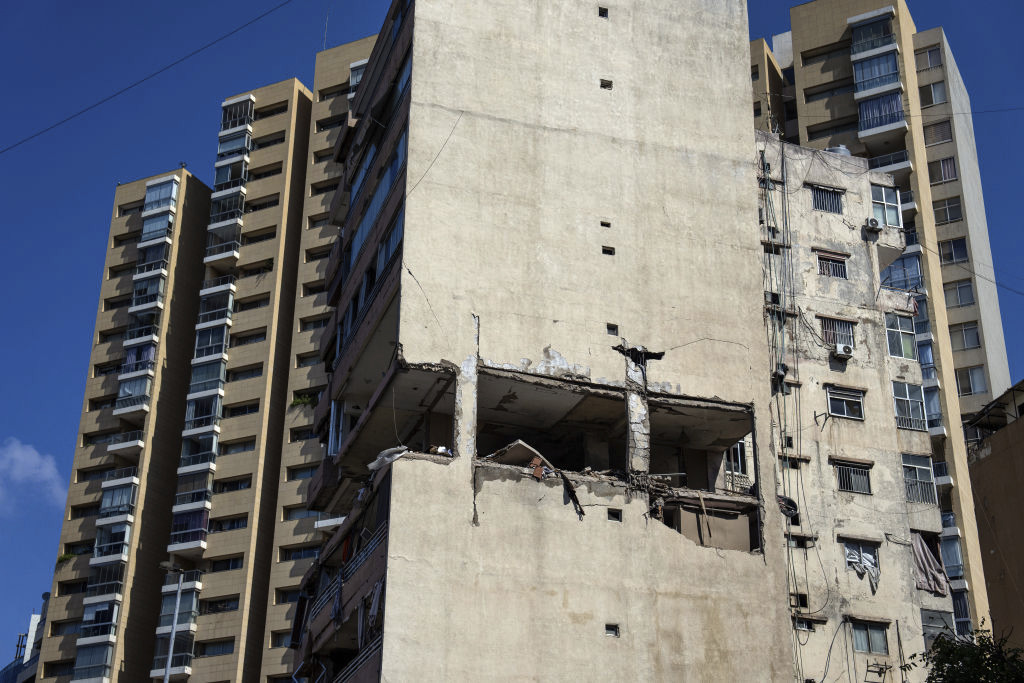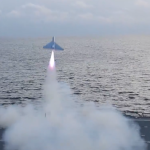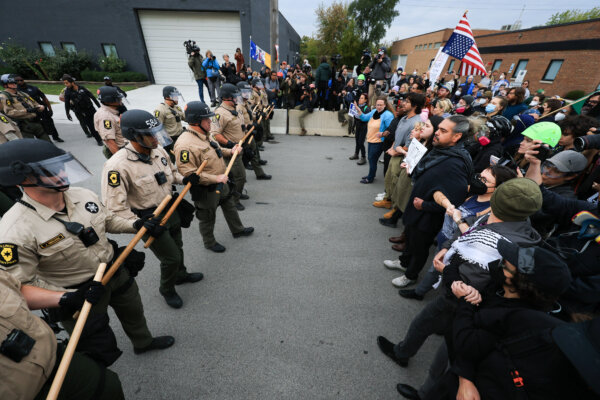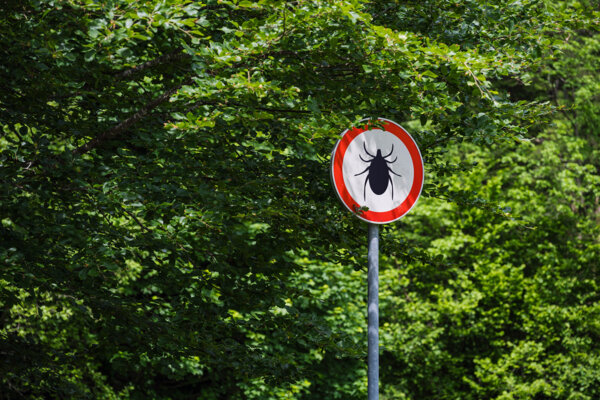- An Israeli victory against Hezbollah’s terrorist infrastructure in Lebanon is vital to guaranteeing the security of the entire Western alliance. It will send a clear signal to Iran — Hezbollah’s paymasters — that the ayatollahs’ unremitting campaign against the West and its allies is ultimately doomed to failure.
- [A]n estimated 90,000 Israelis being forced to flee their homes, leaving large swathes of northern Israel deserted. Hezbollah has said that those Israelis will not be able to return to their homes, raising concerns that Hezbollah, which had been planning to invade northern Israel, might also be planning to occupy it.
- [United Nations Secretary-General António] Guterres, referring to Israel, announced that the war “did not happen in a vacuum.” Ironically, it is Guterres himself who is responsible for creating the non-vacuum that ignited the situation. According to UN Security Resolution 1701, it was the United Nations Interim Force in Lebanon, UNIFIL, under the direction of Guterres, that was tasked with “maintaining security and stability throughout south Lebanon….” It didn’t.
- Since the IDF launched its military campaign against Hezbollah, Israel has faced the usual barrage of criticism over civilian casualties.
- The reality, though, is that the group most responsible for causing casualties is Hezbollah which, like its Iranian-backed ally Hamas in Gaza, has no qualms about putting innocent Lebanese civilians in harm’s way.
- Israel’s offensive to destroy Hezbollah, therefore, is very much in the West’s interests in terms of safeguarding its future security, a consideration Western leaders should take on board when seeking to address the deepening crisis in the Middle East.
The Israeli military campaign against Iranian-backed Hezbollah terrorists is not just an exercise in safeguarding Israel from suffering further bombardment from tens of thousands of missiles and attack drones.
An Israeli victory against Hezbollah’s terrorist infrastructure in Lebanon is vital to guaranteeing the security of the entire Western alliance. It will send a clear signal to Iran — Hezbollah’s paymasters — that the ayatollahs’ unremitting campaign against the West and its allies is ultimately doomed to failure.
It is certainly a consideration world leaders must take on board as they attempt to negotiate a ceasefire between Israel and Hezbollah, one that would undoubtedly be to the Iranian-backed terror group’s advantage.
Israeli Prime Minister Benjamin Netanyahu, after taking 11 months of continuous rocket fire and fruitless negotiations, rejected the ceasefire idea, presumably out of concern that it would only provide Hamas and Hezbollah with a chance to rearm to attack again, as they have openly vowed to do.
After the inconclusive war Israel fought against Hezbollah in 2006, the scale of the latest Israeli assault against Hezbollah’s terrorist infrastructure in Lebanon shows that, this time, the Israelis have no intention of ending their military campaign until Hezbollah is no longer in a position to maintain its relentless assault against northern Israel.
Hezbollah launched its drone and missile attacks against Israel — using many munitions supplied by Iran — indiscriminately attacking Israeli civilian targets, primarily in Israel’s north — just one day after the devastating October 7, 2023 attacks.
This uncalled for assault has resulted in an estimated 90,000 Israelis being forced to flee their homes, leaving large swathes of northern Israel deserted. Hezbollah has said that those Israelis will not be able to return to their homes, raising concerns that Hezbollah, which had been planning to invade northern Israel, might also be planning to occupy it.
Last week, one of Israel’s most obdurate critics, UN Secretary-General António Guterres, tried to blame the victim, Israel, a country that was attacked without provocation, for the current conflict. Guterres, referring to Israel, announced that the war “did not happen in a vacuum.” Ironically, it is Guterres himself who is responsible for creating the non-vacuum that ignited the situation. According to UN Security Resolution 1701, it was the United Nations Interim Force in Lebanon, UNIFIL, under the direction of Guterres, that was tasked with “maintaining security and stability throughout south Lebanon….” It didn’t.
According to the Center for Strategic International Studies:
“Hezbollah has also repeatedly violated UN Security Council Resolution 1701 by deploying forces and firing anti-tank guided missiles and other stand-off weapons against Israel from the zone between the Blue Line and the Litani River [roughly 18 miles from the border with Israel].”
Hezbollah, which is a key member of Iran’s so-called “axis of resistance” along with other terrorist groups such as Hamas, claims it has launched its attacks against Israel in solidarity with its terrorist ally Hamas, and that the bombardment will continue until a ceasefire has been agreed in Gaza.
Now, after nearly a year of relentless bombardment by Hezbollah, Israel has launched “Operation Northern Arrows”, with the result that the Israel Defence Forces have undertaken their most comprehensive counteroffensive against Hezbollah since the 2006 conflict.
In the past week, the IDF has launched hundreds of air attacks against Hezbollah’s terrorist infrastructure, targeting missile launch sites, ammunition stores and key figures in the terrorist organisation’s leadership, with several key commanders being killed in Israeli air strikes.
Among those killed was 61-year-old Ibrahim Akil, one of Hezbollah’s top military officers, in charge of its elite forces, who had been on Washington’s wanted list for years.
The targeting of Akil is a good example of how Israel’s military assault against Hezbollah is in the West’s interests, as it is succeeding in targeting terrorists who have a history of carrying out attacks not just against Israel, but against Western targets as well.
Described by the State Department as a “key leader” in Hezbollah, Akil was part of the group that carried out the 1983 bombings of the US Embassy and US Marines barracks in Beirut, which killed 241 U.S. service members, 17 other Americans, and 46 non-Americans.
The embassy bombing took place while the CIA was conducting a regional meeting of its Middle East intelligence chiefs, many of whom were killed in the attack.
Akil was also accused of orchestrating the Western hostage crisis in Beirut in the 1980s, when scores of American, British and French hostages were taken hostage.
Akil has been designated a terrorist by the US Treasury Department since 2015, soon followed by another designation by the State Department as a “global terrorist.” In 2023, the State Department also announced a reward of up to $7 million for information leading to his “identification, location, arrest, and/or conviction.”
Akil’s death, therefore, illustrates the importance of Israel’s military offensive against Hezbollah for the West, which is just as much a target from terrorist groups such as Hezbollah, and its backer Iran, as Israel.
Just like Akil, Hezbollah and its allies — such as Iraq’s Kataib Hezbollah, as much an enemy of the West as it is of Israel — are willing to carry out terrorist attacks against America’s military forces in the Middle East, whether they are sending suicide truck bombs to destroy the US Embassy and Marines barracks in Beirut in 1983, or more recently launching missile and drone attacks against US bases in Iraq and the Gulf.
It is hoped that Western leaders, who have been meeting in New York for the annual gathering of the United Nations General Assembly, took this key point on board as they weighed their options for ending the violence between Israel and Hezbollah.
Since the IDF launched its military campaign against Hezbollah, Israel has faced the usual barrage of criticism over civilian casualties.
The reality, though, is that the group most responsible for causing casualties is Hezbollah which, like its Iranian-backed ally Hamas in Gaza, has no qualms about putting innocent Lebanese civilians in harm’s way.
Hezbollah regularly situates its key terror bases in civilian areas of Lebanon, such as Beirut’s southern suburbs, as was revealed following the mass explosions affecting pagers and walkie-talkies used by Hezbollah terrorists, which exposed that they were operating in civilian centres throughout Lebanon.
That the Iranian ambassador to Lebanon was among those injured by a pager explosion points to just how deeply embedded senior Iranian officials are within Hezbollah’s command structure.
Israel’s offensive to destroy Hezbollah, therefore, is very much in the West’s interests in terms of safeguarding its future security, a consideration Western leaders should take on board when seeking to address the deepening crisis in the Middle East.
Con Coughlin is the Telegraph‘s Defence and Foreign Affairs Editor and a Distinguished Senior Fellow at Gatestone Institute.











